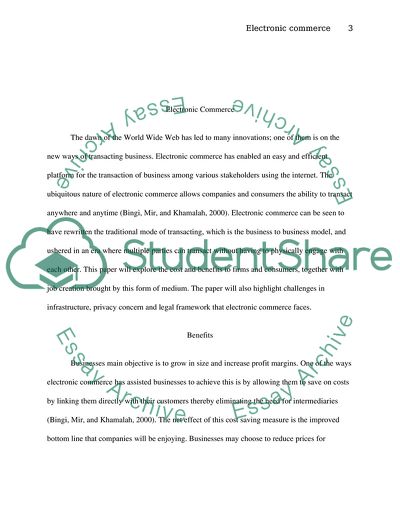Cite this document
(“Electronic Commerce Research Paper Example | Topics and Well Written Essays - 1250 words”, n.d.)
Electronic Commerce Research Paper Example | Topics and Well Written Essays - 1250 words. Retrieved from https://studentshare.org/e-commerce/1746975-electronic-commerce
Electronic Commerce Research Paper Example | Topics and Well Written Essays - 1250 words. Retrieved from https://studentshare.org/e-commerce/1746975-electronic-commerce
(Electronic Commerce Research Paper Example | Topics and Well Written Essays - 1250 Words)
Electronic Commerce Research Paper Example | Topics and Well Written Essays - 1250 Words. https://studentshare.org/e-commerce/1746975-electronic-commerce.
Electronic Commerce Research Paper Example | Topics and Well Written Essays - 1250 Words. https://studentshare.org/e-commerce/1746975-electronic-commerce.
“Electronic Commerce Research Paper Example | Topics and Well Written Essays - 1250 Words”, n.d. https://studentshare.org/e-commerce/1746975-electronic-commerce.


